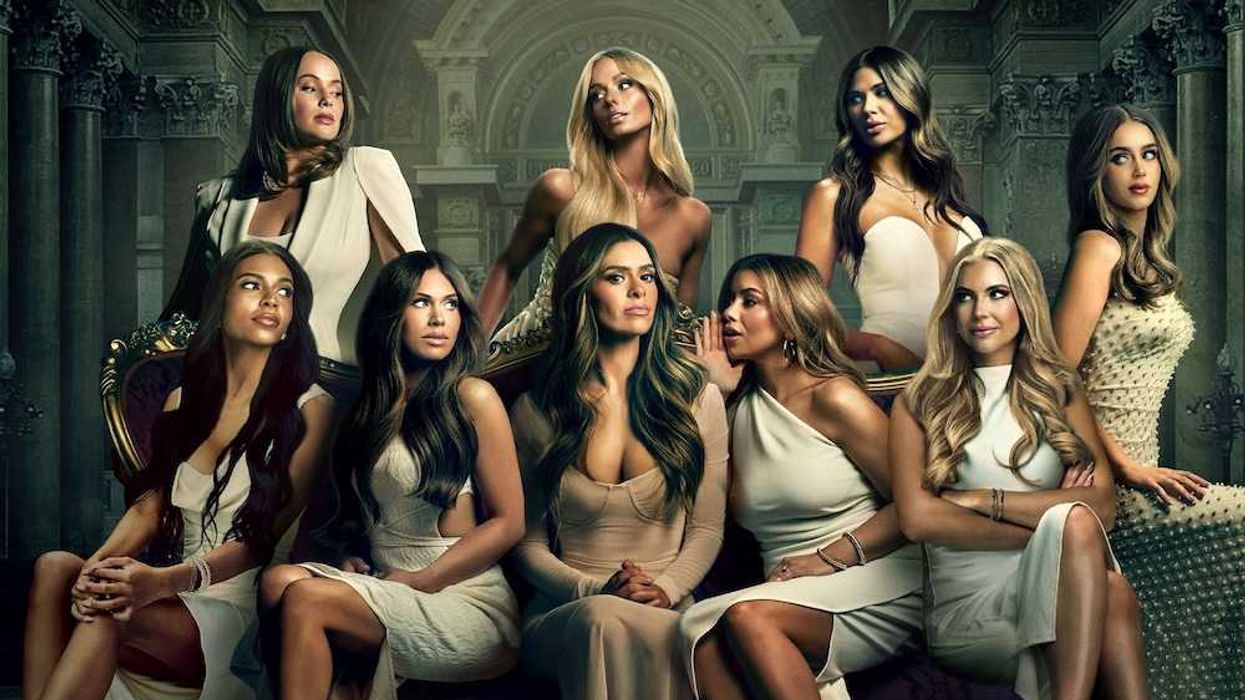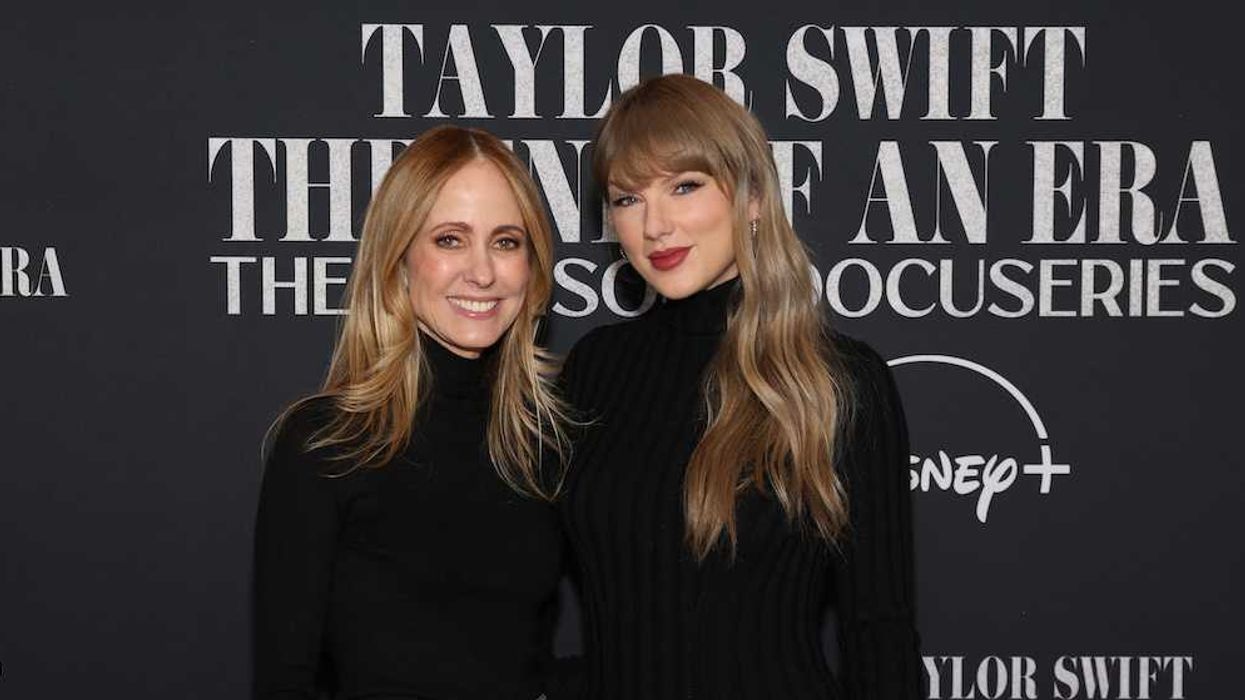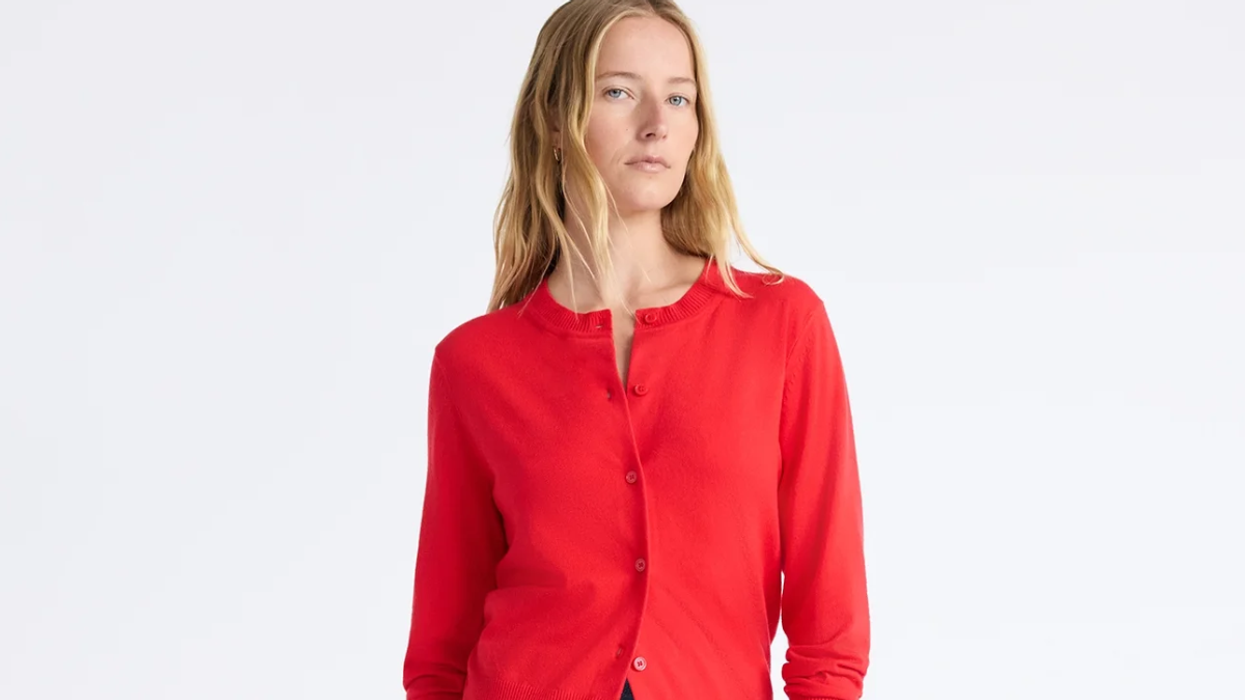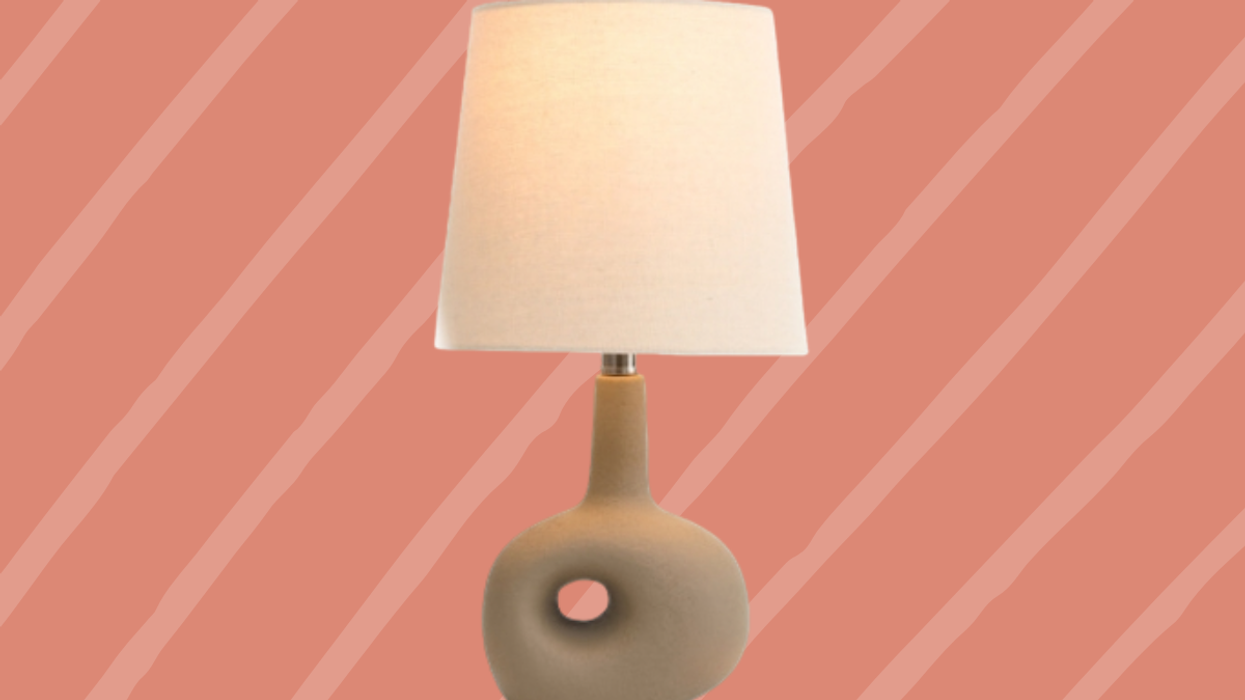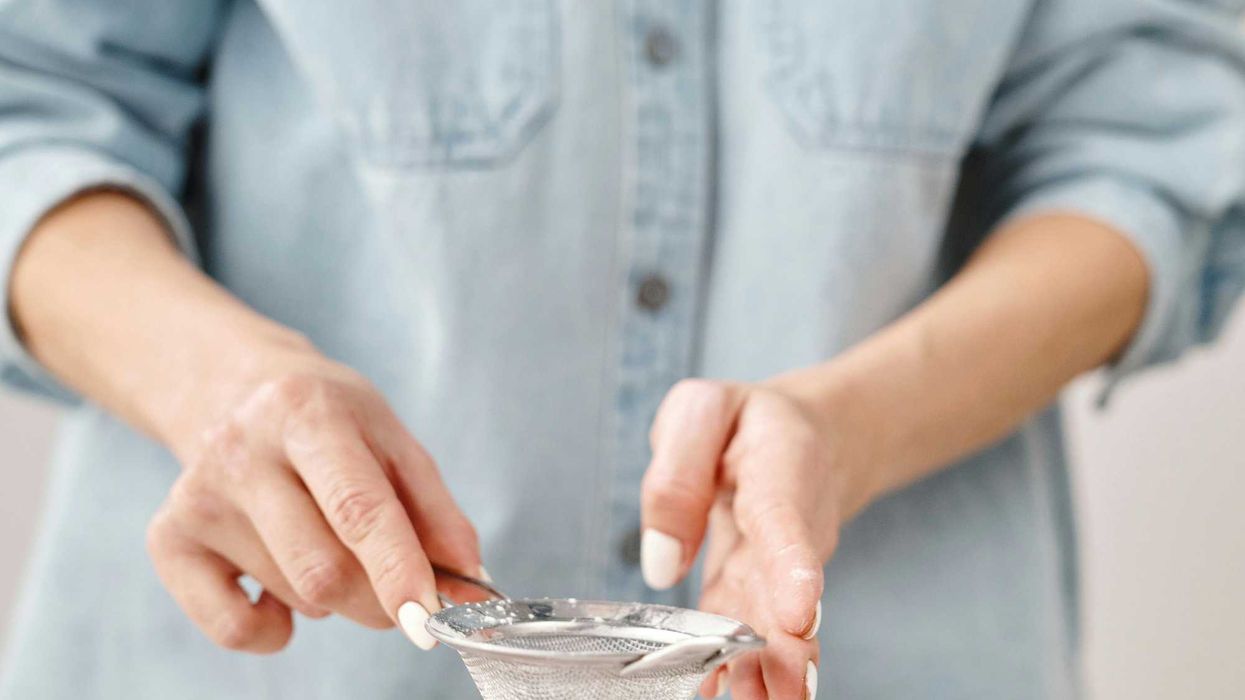Not all spends are created equal.
This New App Is Using Psychology to Make You a Happier Spender
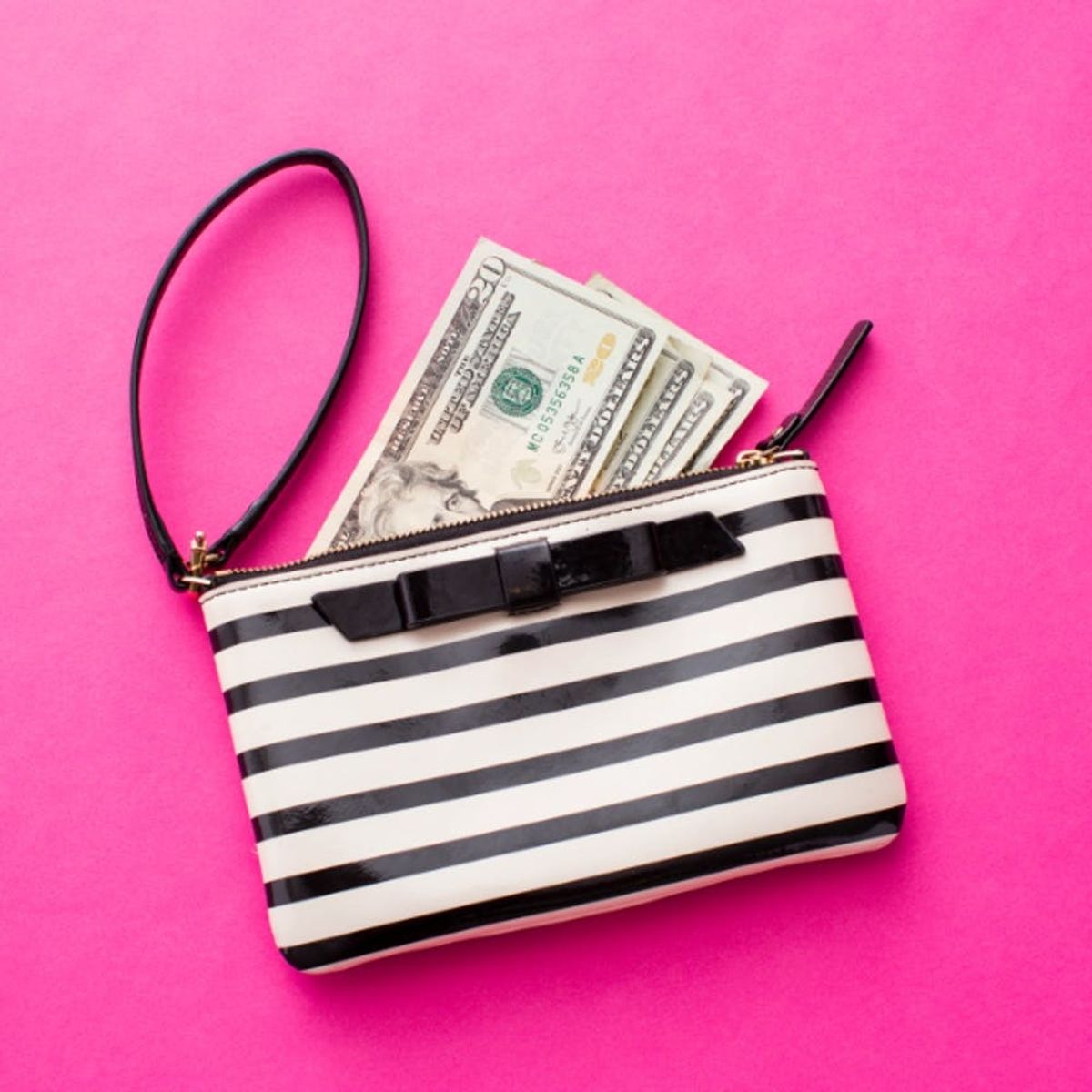
Anyone who’s ever heard the phrase “retail therapy” (and we’re willing to bet you have) knows that money represents a lot more than just cash in the bank. Having money means having the flexibility to go to the store and grab that new Michael Kors bag you’ve had your eye on — and if you happen to subscribe to the idea that a shopping trip can, in fact, be therapeutic, it also means that you have easier access to a quick fix of happiness. Widely understood concepts such as retail therapy, as well as phrases like “money can’t buy you happiness,” play a significant role in the way we approach our finances, making it almost impossible to entirely separate emotions and psychology from your account balance. Most of the financial tools we’ve had at our disposal haven’t quite addressed this reality — but brushing our money-related feelings under the rug hasn’t done us any favors. Many of us are uncomfortable talking about money, and we’re not able to effectively integrate the more emotional aspects of financial decisions into our spending and other long-term decisions. Enter Joy (free on iOS), a recently launched money app that seeks to address the psychology of money.
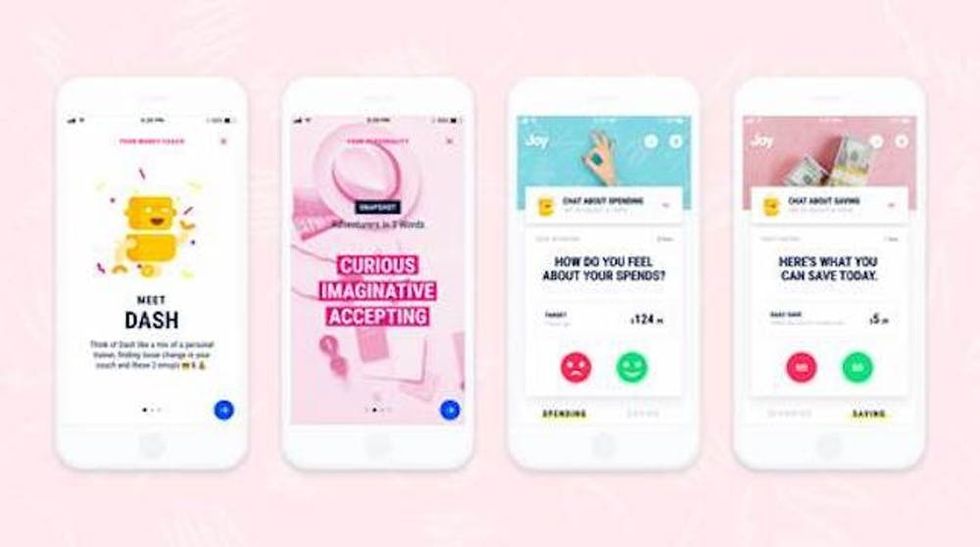
Joy delivers personalized experiences by asking each user to complete in-app assessments that identify their financial personality. Based on that personality, one of four money coaches is assigned to the user, and is then available to help them develop strong financial habits and better manage their spending and saving. Like other financial apps, Joy also learns more about a user’s financial profile over time by tracking income, bills, housing payments, and available discretionary spending.
“There are a lot of apps out there designed to help people save money, [but] I think Joy makes savings feel fun,” says Dr. Elizabeth Dunn, author and scientific adviser to Joy. “Saving is like the unglamorous little sister of spending. But Joy elevates saving, offering the same pleasurable buzz we typically associate with spending.”
While your savings account might benefit from the app — Joy offers daily behavior-based savings suggestions, as well as a free FDIC-insured Joy Savings Account — spending is, of course, also addressed. Each day, users are prompted to reflect on the money they’ve spent by identifying their purchases as “happy spends” or “sad spends.” Dr. Dunn explores the principles of happy and sad spending in her book Happy Money: The Science of Happier Spending ($15). According to Dr. Dunn, research shows that purchasing experiences (like trips or special dinners out) tends to make people happier than purchasing material things (like new furniture or gadgets).
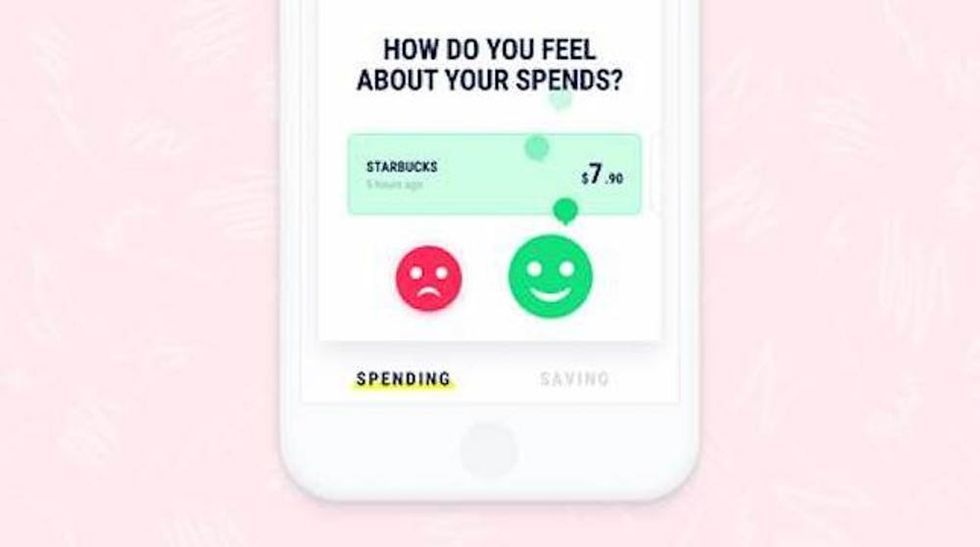
“Since writing this book, I can’t reach for my wallet without asking myself, ‘Is this a happy spend?'” Dr. Dunn tells us. “In other words, will this purchase really make me happy? Engaging in this tiny mental exercise has been really helpful for me in directing more of my income to happy spends and less to sad spends — those that drain my bank account without leaving me feeling any happier.”
To help you get a better handle on this idea of happy and sad spending, here are a few examples from the Joy team:
Top Five happy spends:
1. Spotify
2. Netflix
3. Trader Joe’s
4. Whole Foods
5. Joy Savings (investing money in savings)
Top five sad spends:
1. McDonald’s
2. Taco Bell
3. 7-Eleven
4. Lyft
5. Uber
No matter how you choose to categorize the various expenses that come up in your own life, Joy’s methodology is intended to help you pay more attention to how your money is making you feel day to day — because, clearly, money can make you feel something.
“Traditionally, financial advisers are there for the big moments in life,” Dr. Dunn says. “Joy is there for the little moments in between, when you’re heading off for a Friday night out with friends or standing in line at Starbucks the next morning. And these seemingly small moments can play a surprisingly big role in shaping our overall happiness and our financial futures.”
And as for whether or not money really can buy you happiness? Dr. Dunn — who calls herself a “Happiness Czar” — had this to say: “Money can buy happiness — if you spend it right. For so long, the focus has been getting more money, but I think Joy helps to shift the focus back to where it belongs. How can we get the most happiness out of our money, whether we have a little or a lot of it?”
What are your happiest and saddest spends? Tweet us @BritandCo!



